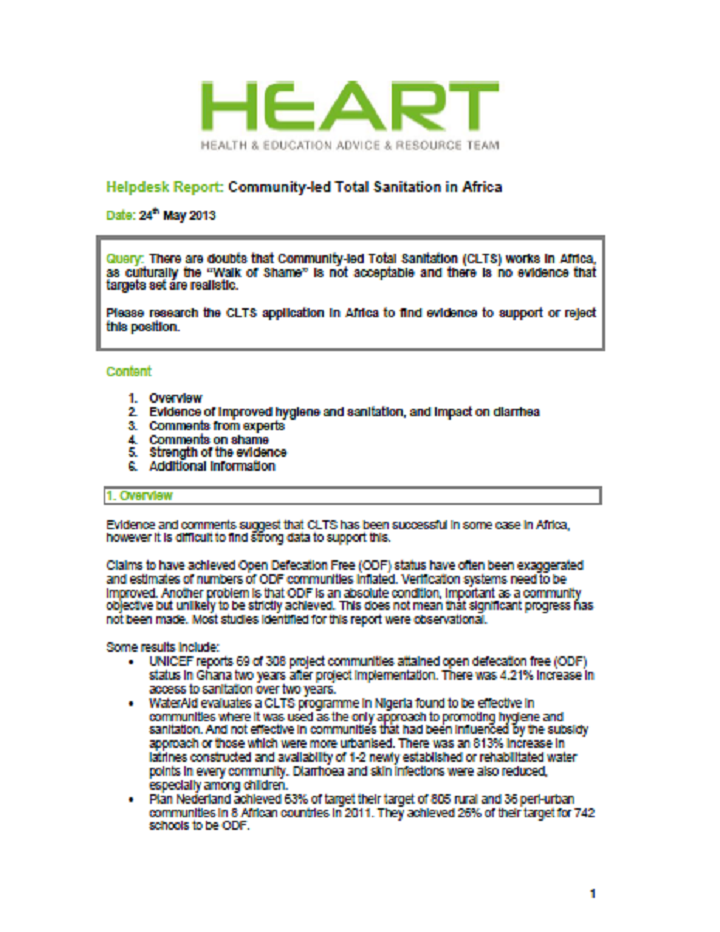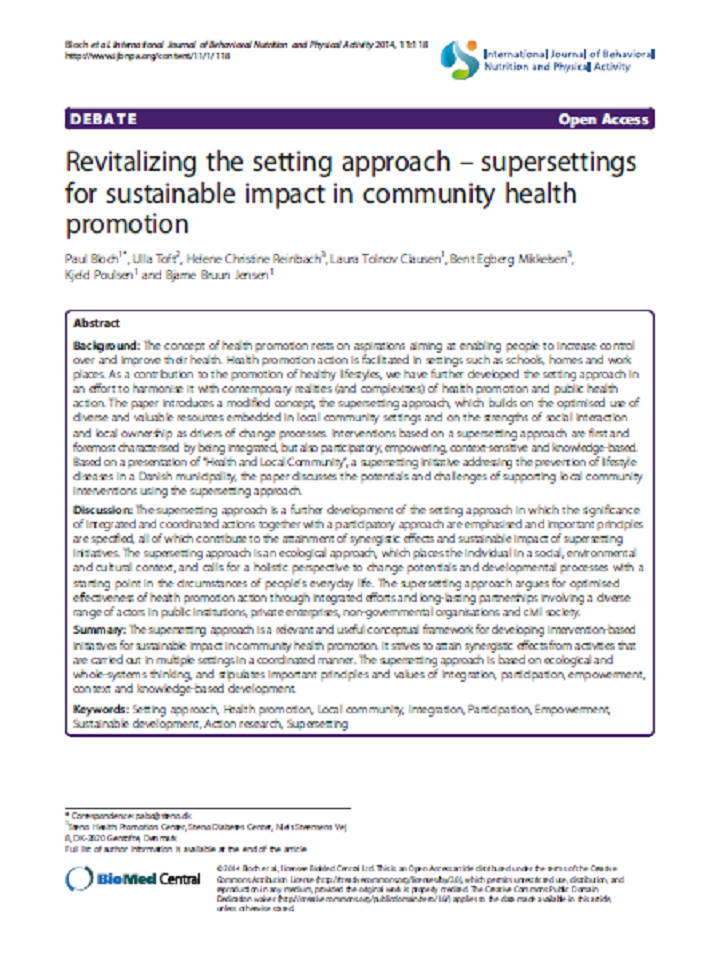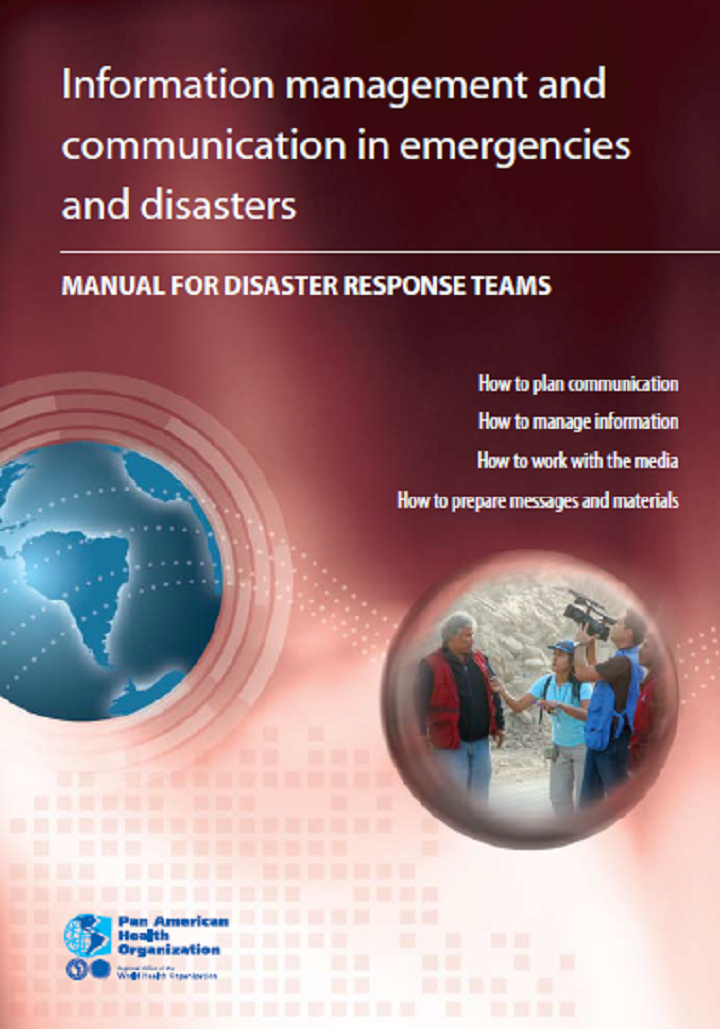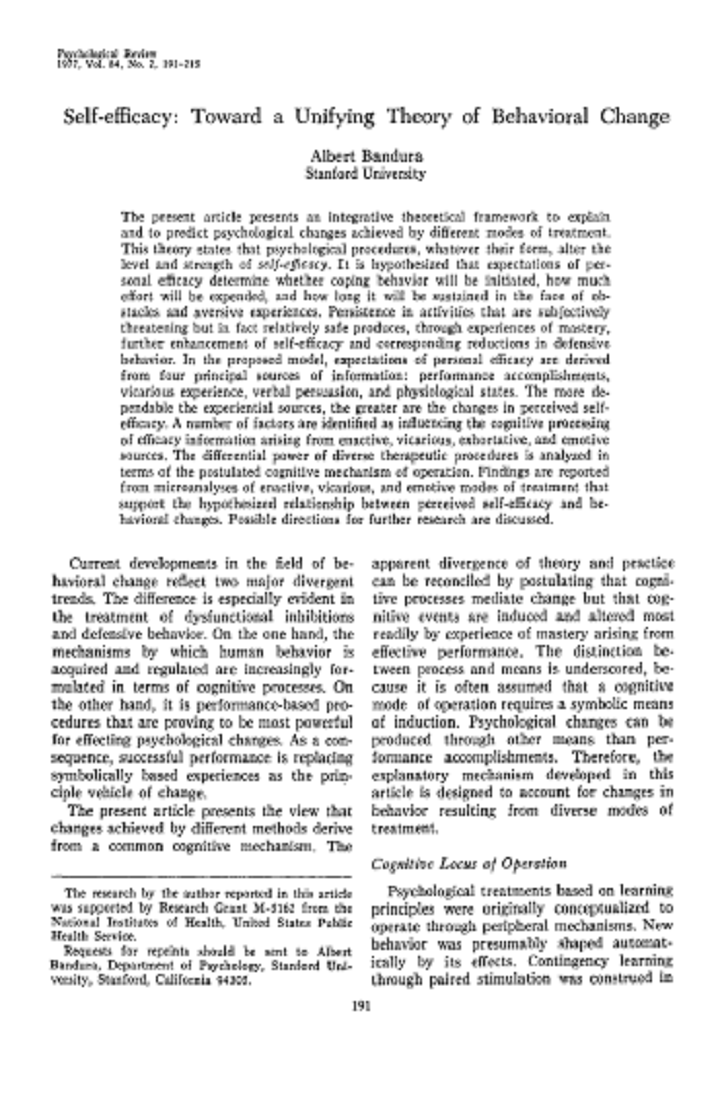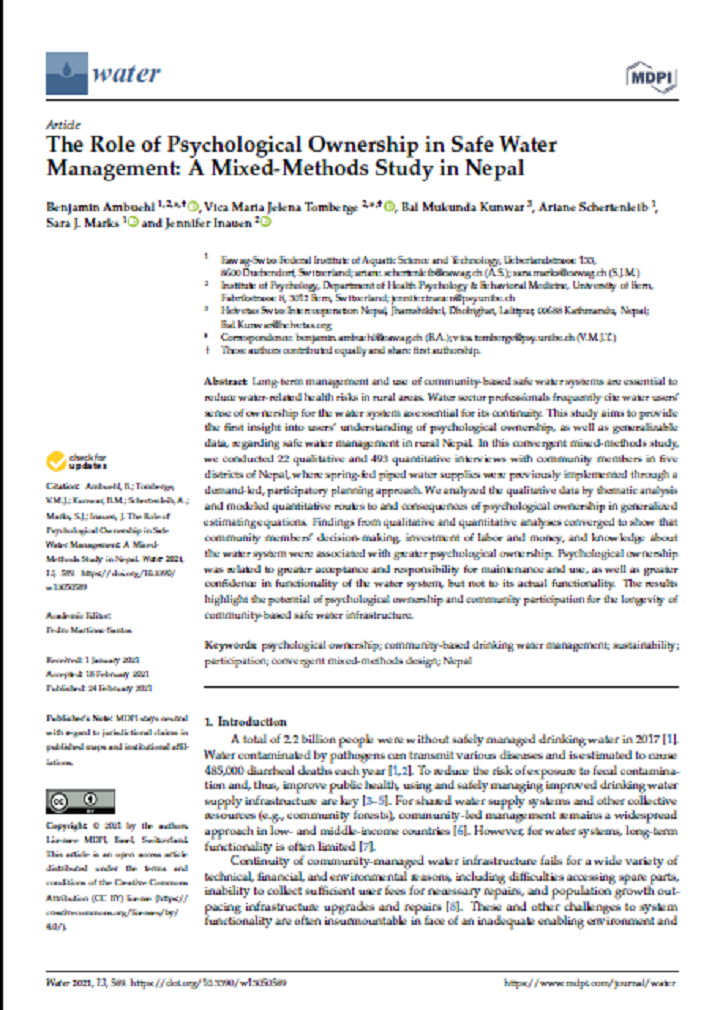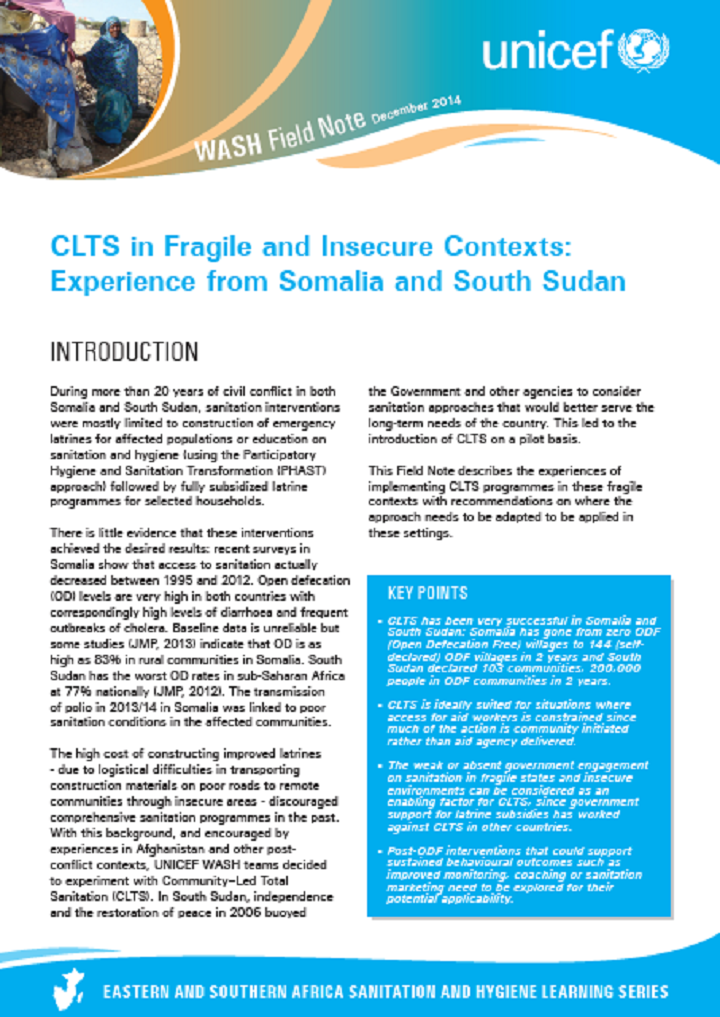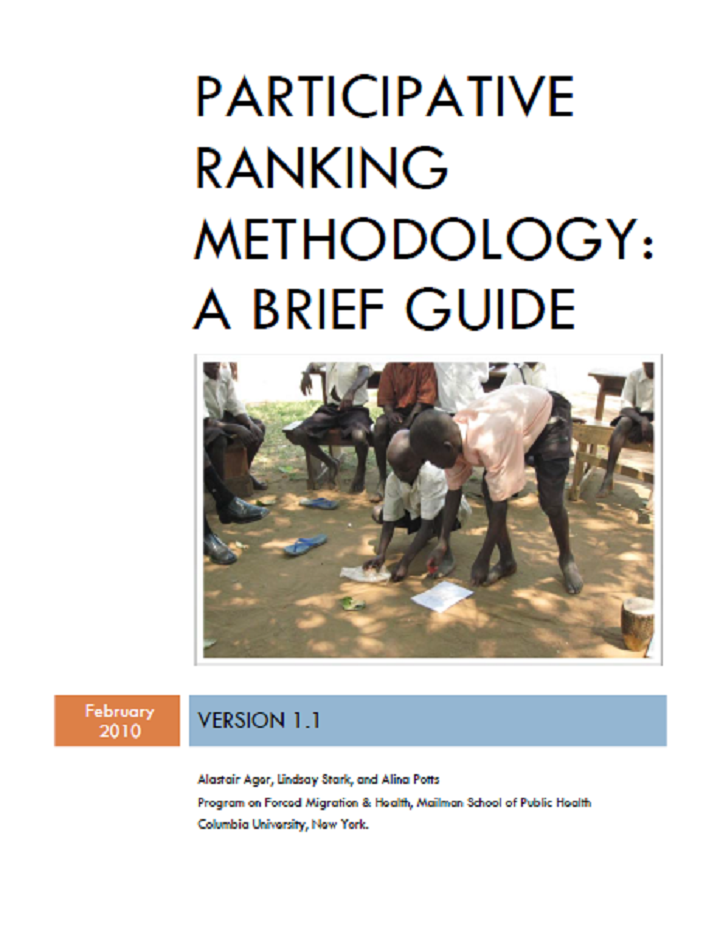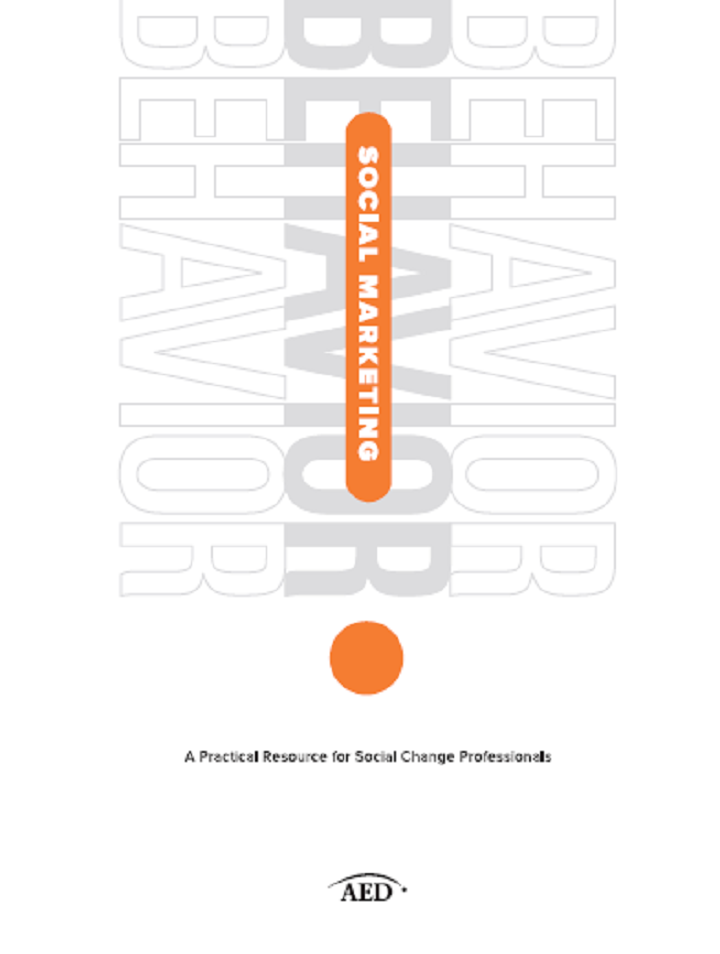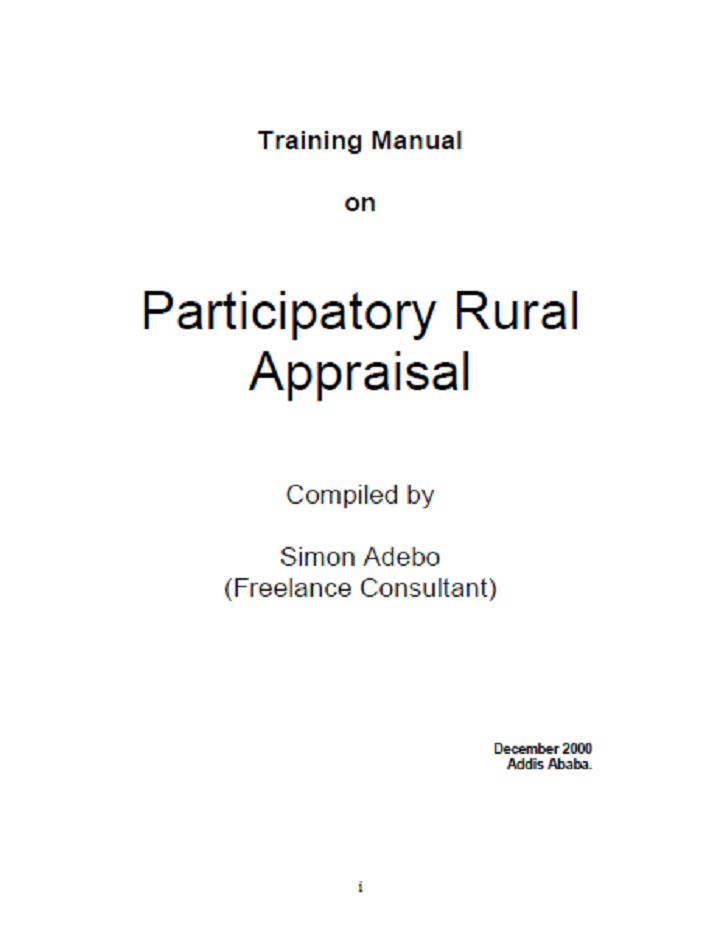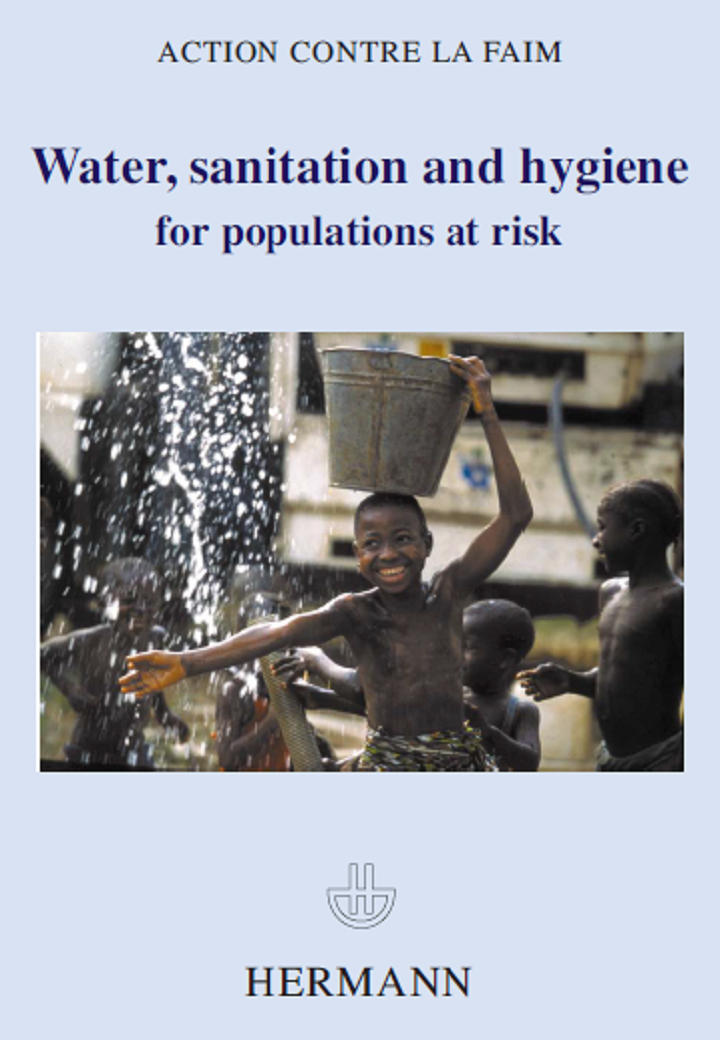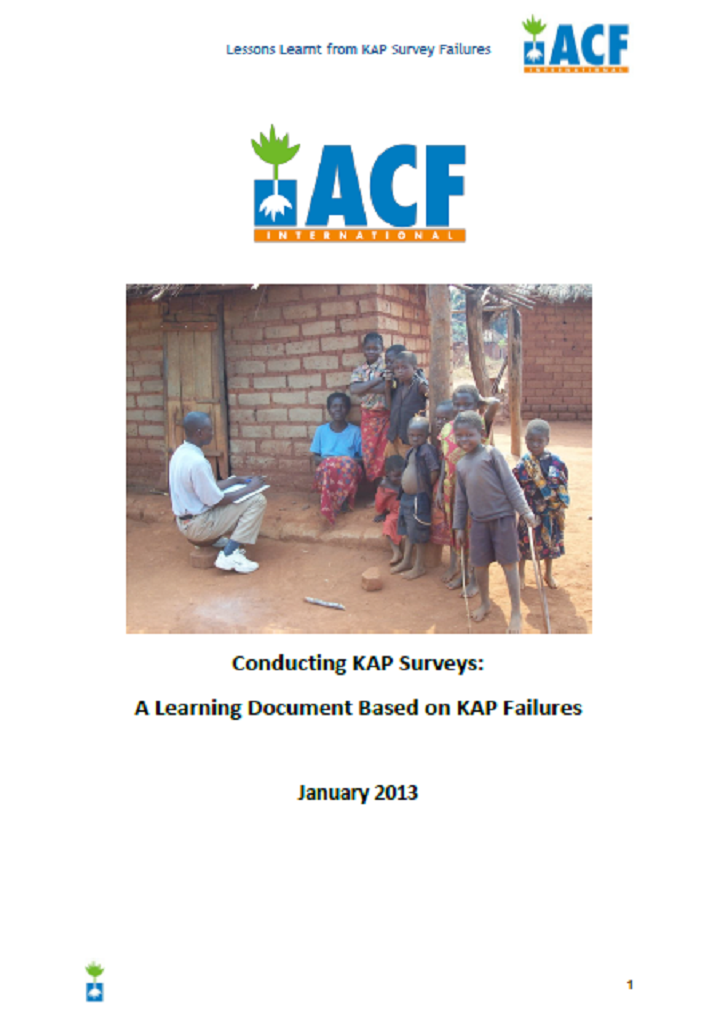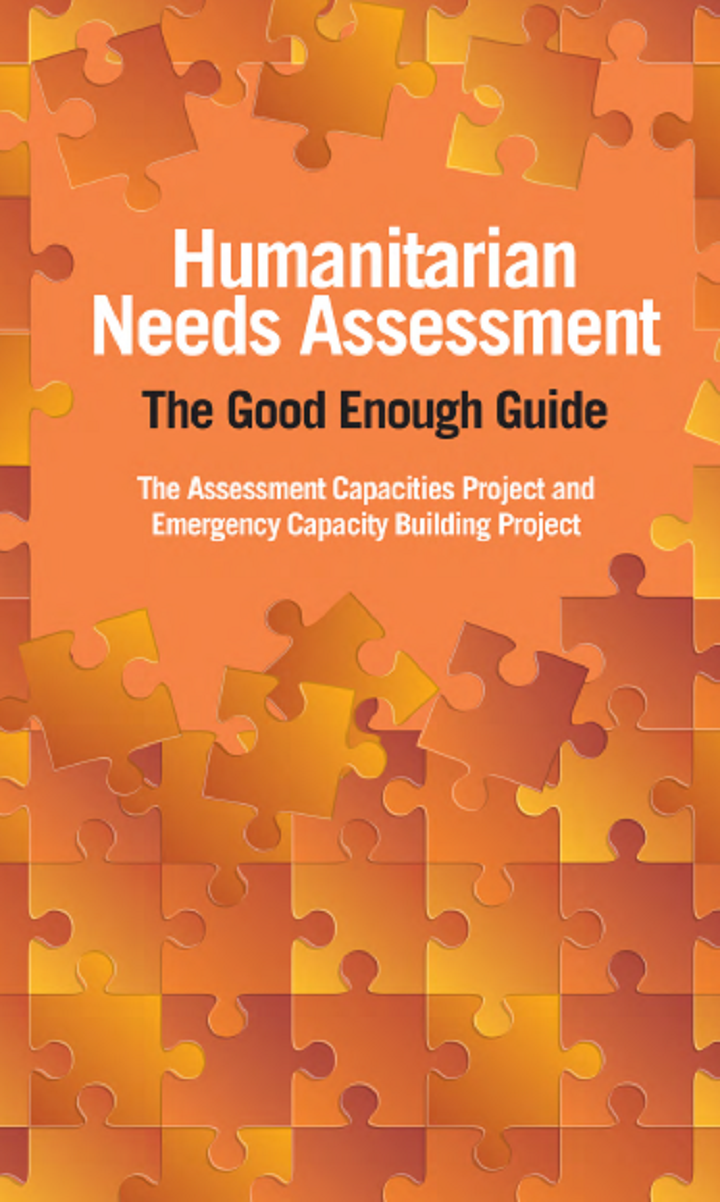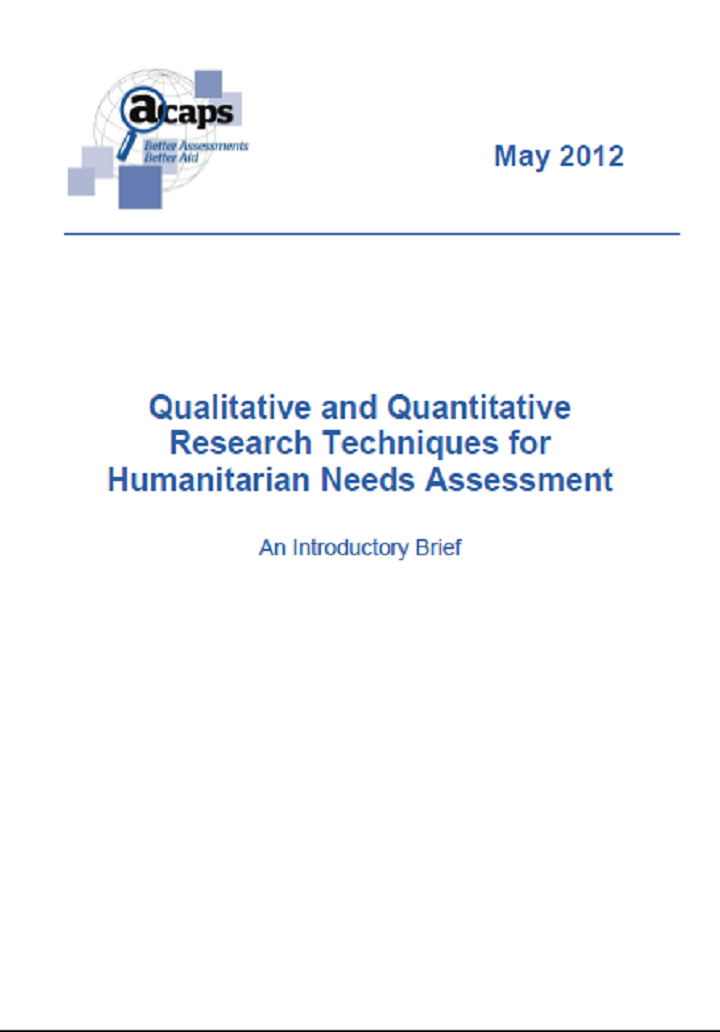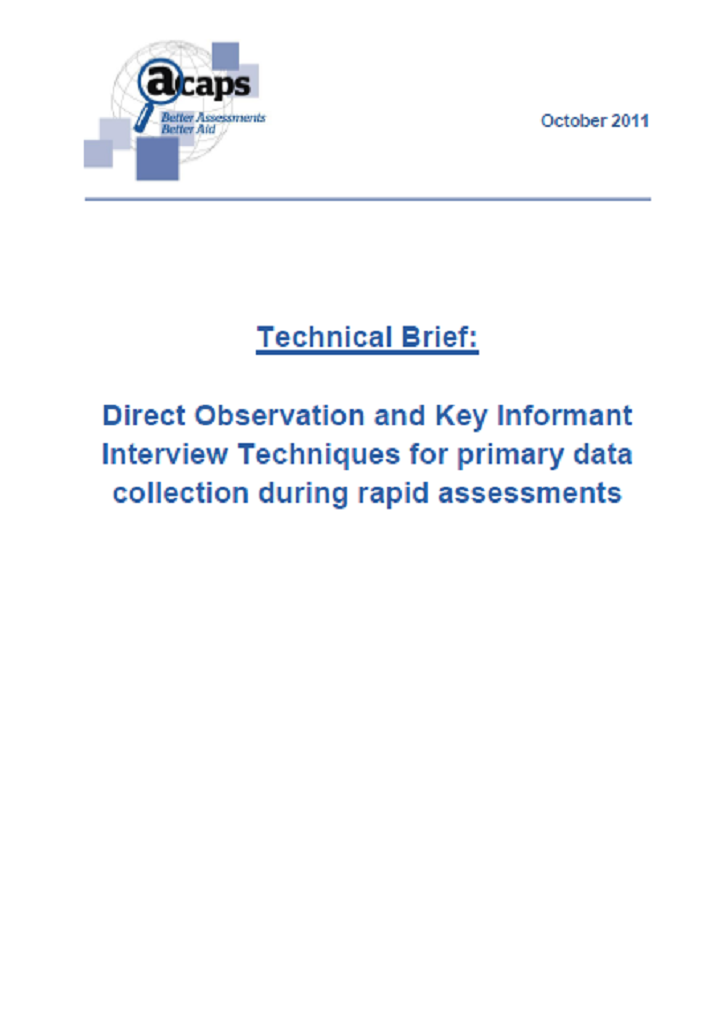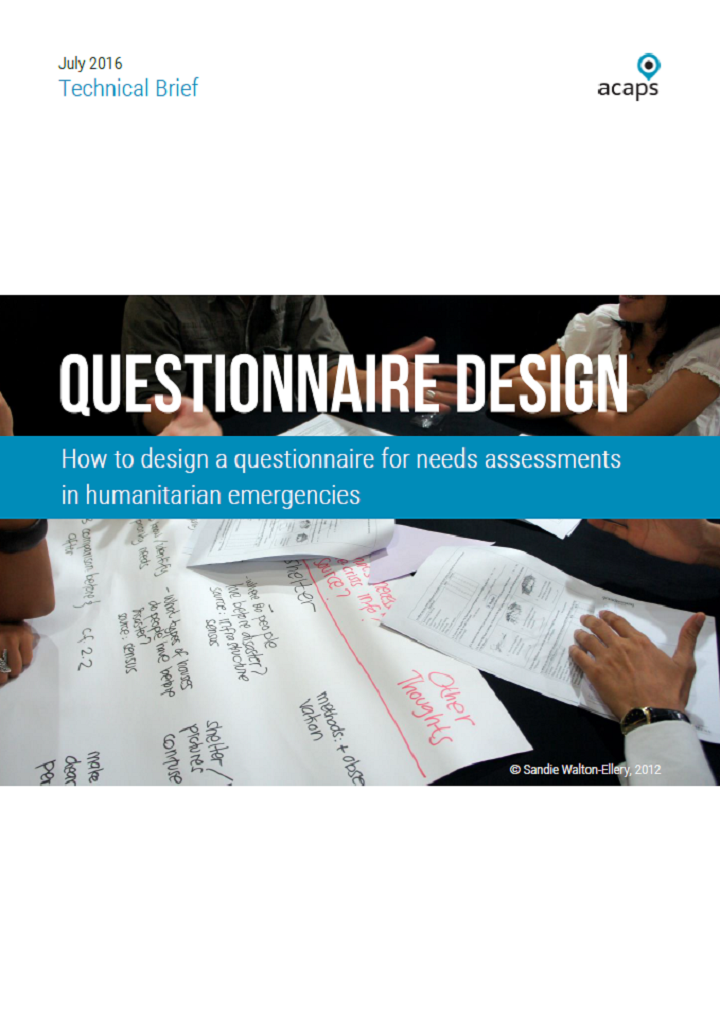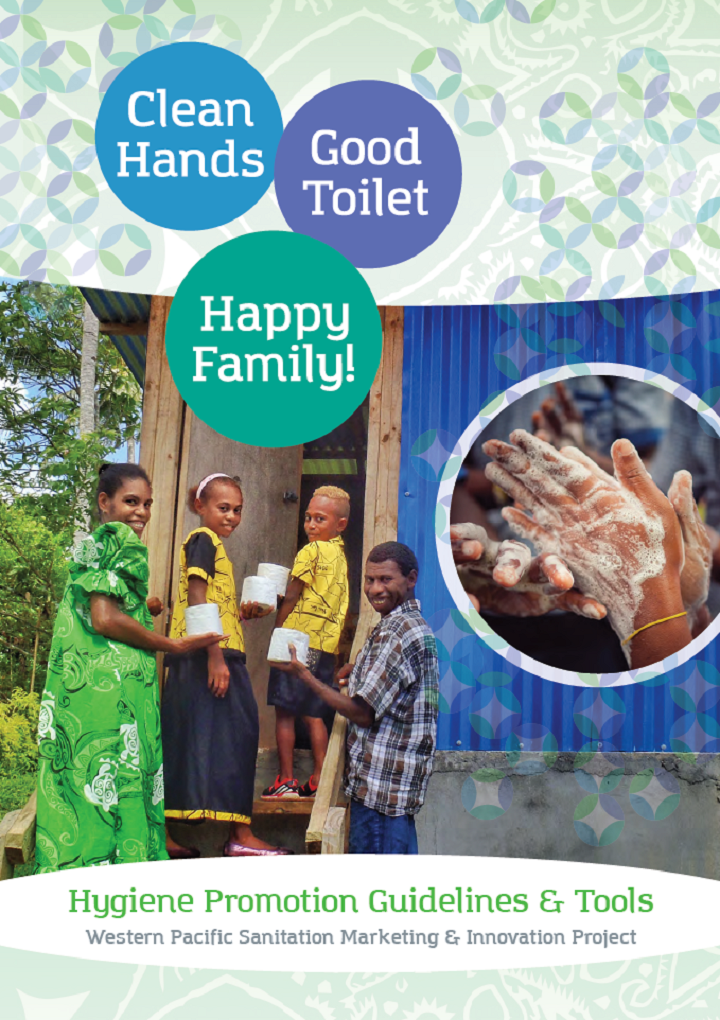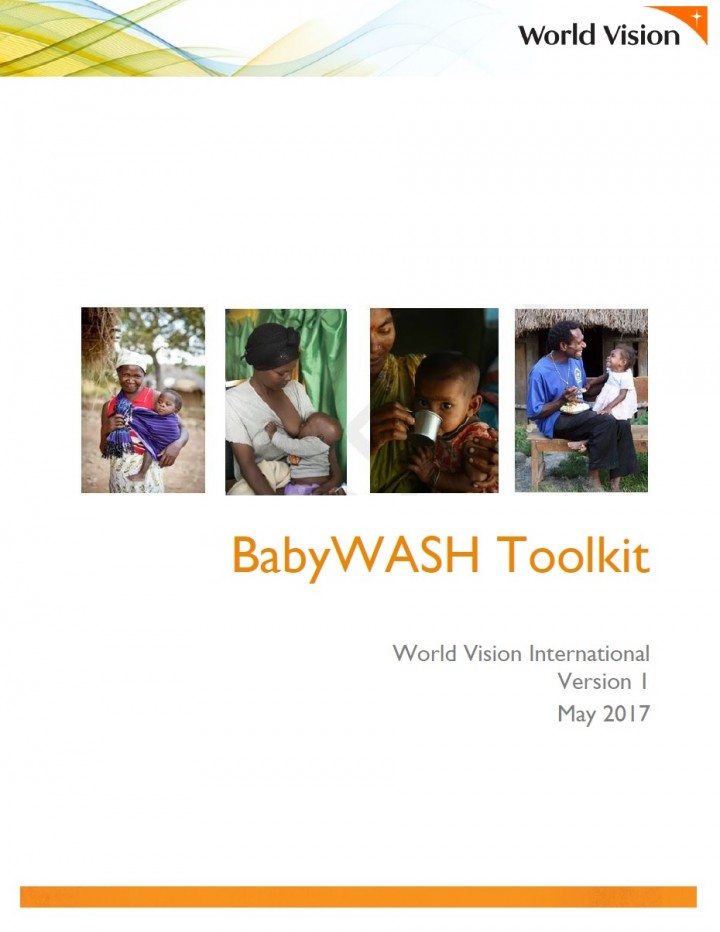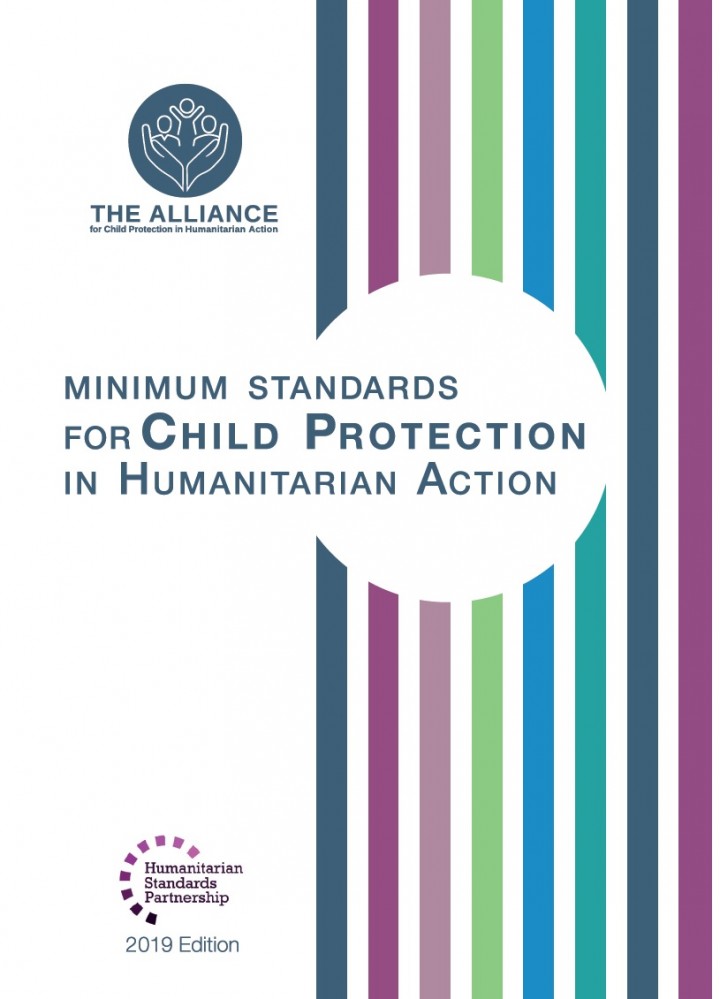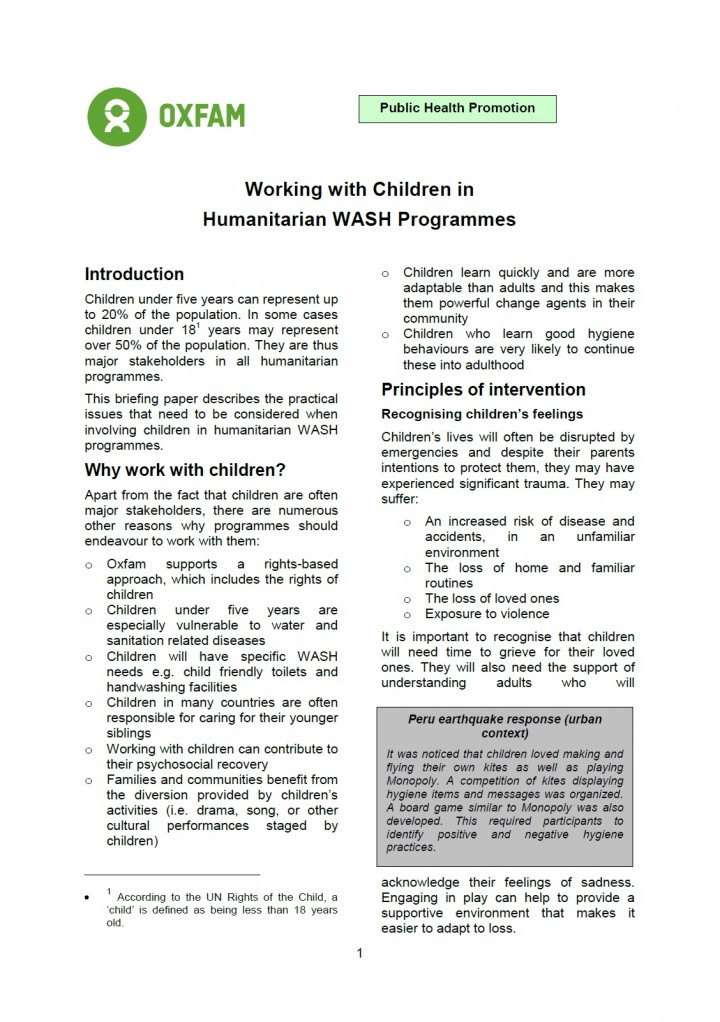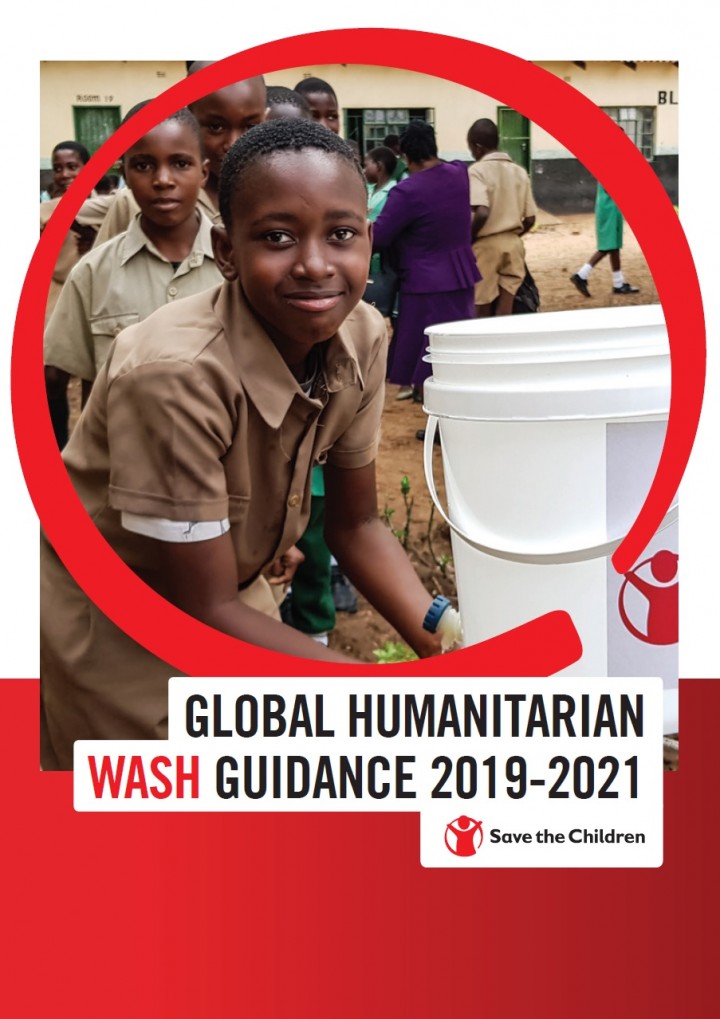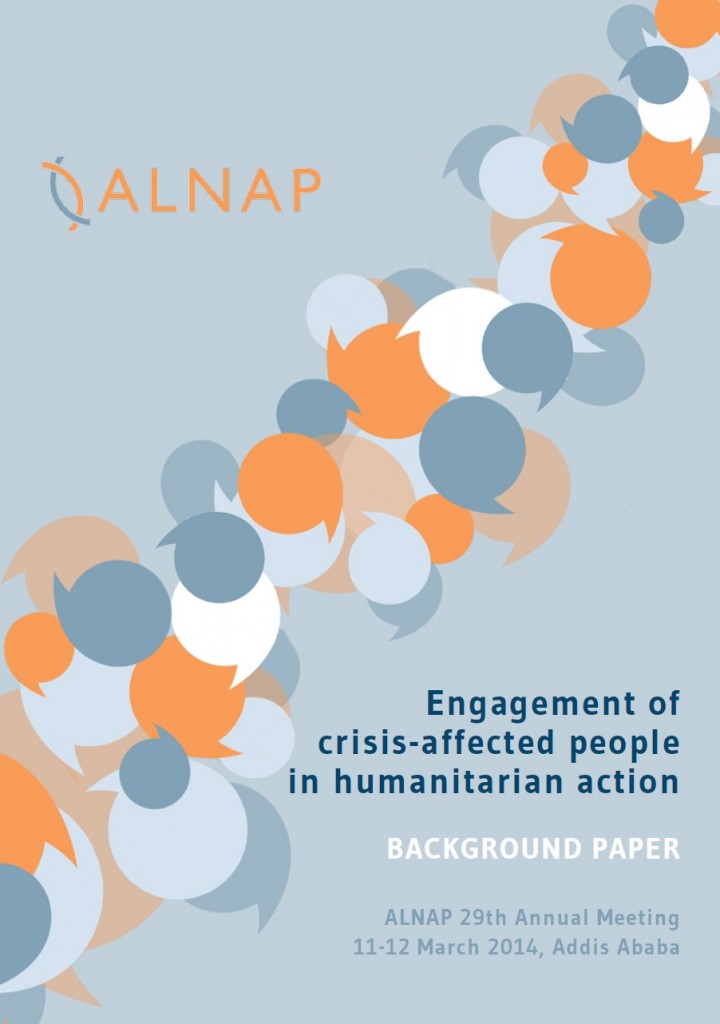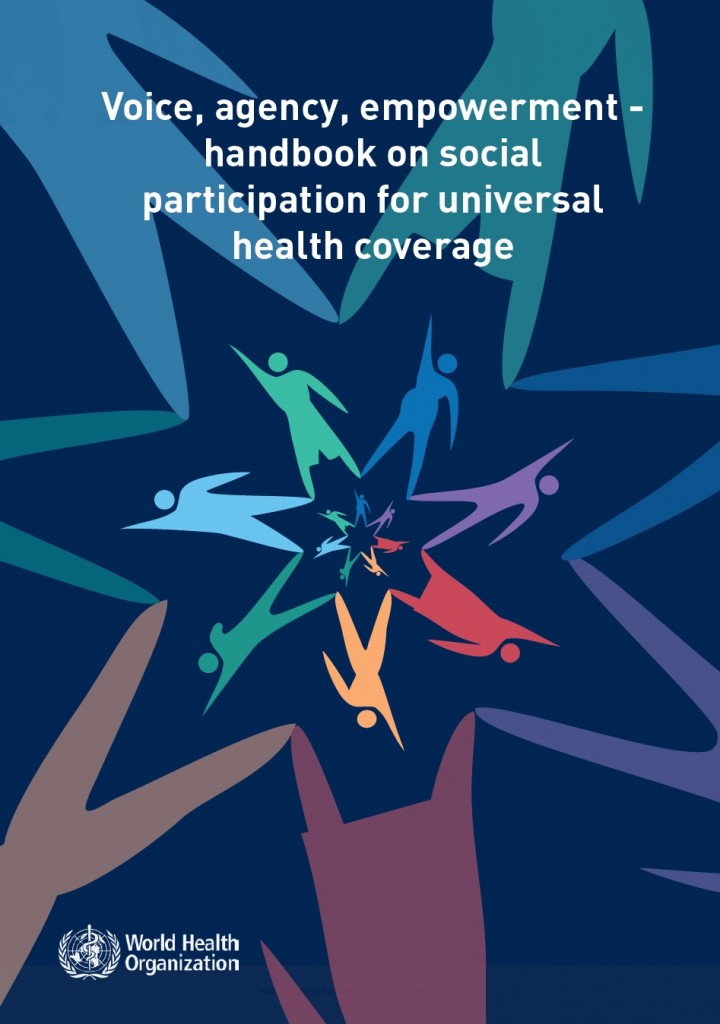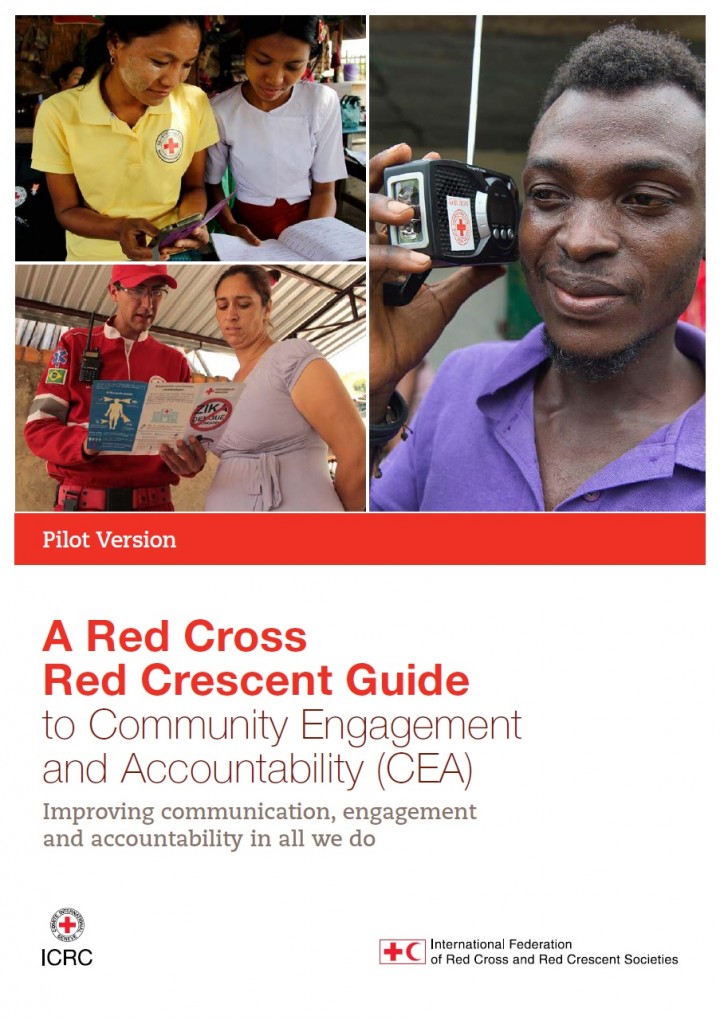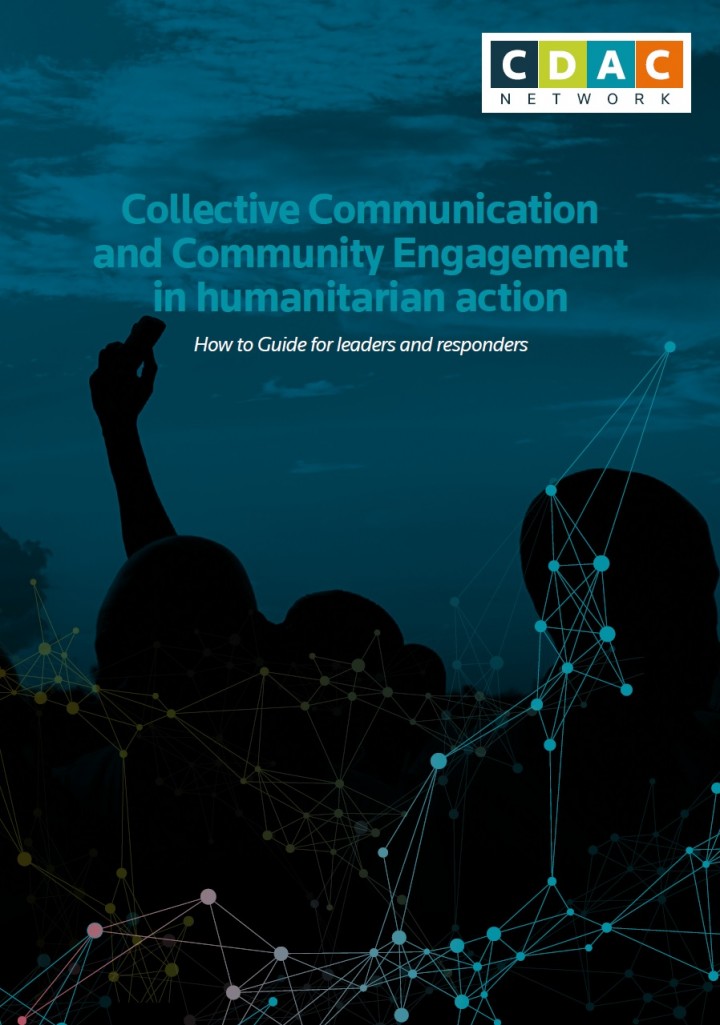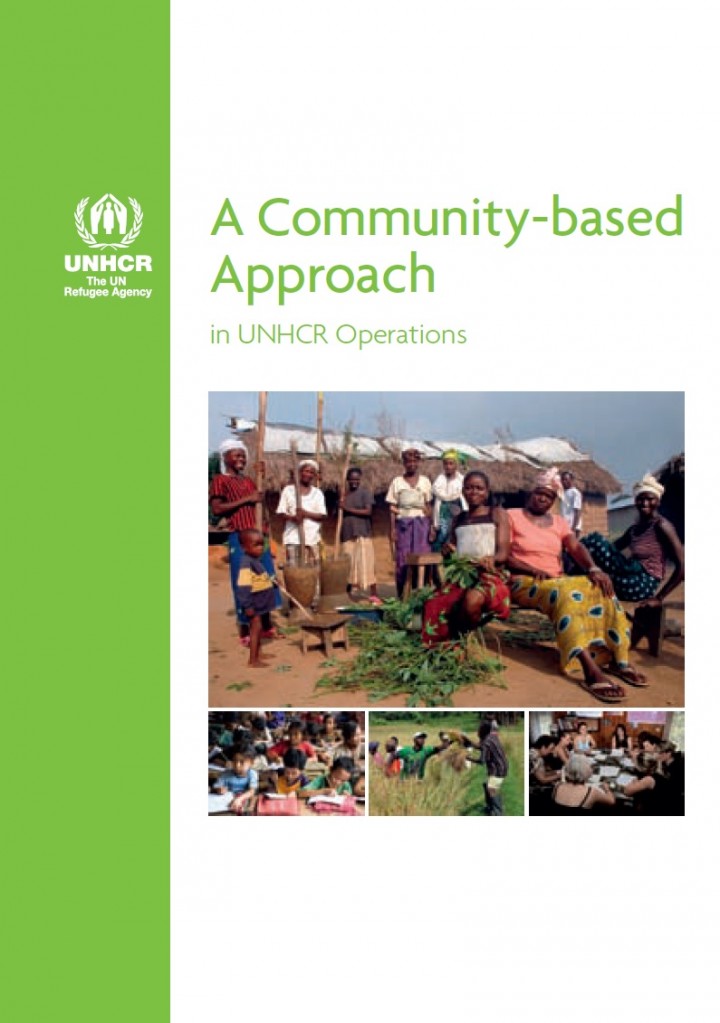Searching for information on Sanitation Workers?
The Sanitation Workers Knowledge + Learning Hub is the best source for all current news, trends, articles and updates on sanitation workers rights around the world.
Evidence and comments suggest that CLTS has been successful in some cases in Africa, however it is difficult to find strong data to support this.
Claims to have achieved Open Defecation Free (ODF) status have often been exaggerated and estimates of numbers of ODF communities inflated. Verification systems need to be improved. Another problem is that ODF is an absolute condition, important as a …
The concept of health promotion rests on aspirations aiming at enabling people to increase control over and improve their health. Health promotion action is facilitated in settings such as schools, homes and work places. As a contribution to the promotion of healthy lifestyles, we have further developed the setting approach in an effort to harmonise it with contemporary realities (and …
Many specialists from the fields of communication and disaster management from Latin America and the Caribbean participated in developing this manual. The contents were tested and adapted under actual emergency and disaster conditions. The final product reflects consensus among the experts about the most important uses of information and communication in emergency situations. This manual focuses …
The present article presents an integrative theoretical framework to explain and to predict psychological changes achieved by different modes of treatment. This theory states that psychological procedures, whatever their form, alter the level and strength of self-efficacy. It is hypothesized that expectations of personal efficacy determine whether coping behavior will be initiated, how much …
Long-term management and use of community-based safe water systems are essential to reduce water-related health risks in rural areas. Water sector professionals frequently cite water users’ sense of ownership for the water system as essential for its continuity. This study aims to provide the first insight into users’ understanding of psychological ownership, as well as generalizable data, …
During more than 20 years of civil conflict in both Somalia and South Sudan, sanitation interventions were mostly limited to construction of emergency latrines for affected populations or education on sanitation and hygiene, using the Participatory Hygiene and Sanitation Transformation (PHAST) approach, followed by fully subsidised latrine programmes for selected households.
There is little …
This document describes the participative ranking methodology, a development of the participatory rapid appraisal ranking method. Participative ranking is a mixed-methods approach to data collection, in which a group of knowledgeable participants are guided in generating responses to a specific question or set of questions. It draws on both quantitative and qualitative methodologies to generate …
The PLA/PRA approach is used with the following assumptions:
1. Rural communities form active foundation for rural development
2. Communities need committed local leaders to stir up their development
3. Communities have knowledge and information but it needs to be organized
4. Communities have resources but they need to be mobilized. They can introduce projects, acting primarily on their own …
Needs assessment is essential for programme planning, monitoring and evaluation, and accountability, however needs assessment is still a critical weakness of humanitarian response. Organizations urgently need to improve how they do assessments. ACAPS and the Emergency Capacity Building Project (ECB) have produced this guide to fill the gap that existed for a practical resource that pulls together …
Collection, collation, analysis, and synthesis of qualitative and quantitative information, gathered and analysed using appropriate sources, tools, and methods is the cornerstone of rapid needs assessments that allows decision makers to plan a timely, appropriate, and coordinated emergency response.
There is no shortage of questionnaires used during emergencies that are too long, overly complex or unable to generate useful responses. The art of developing an effective questionnaire is the topic of master degrees and doctorates. The questionnaire is a critical tool in humanitarian response and requires time, resources and a detailed understanding of the context, factors which are all in short …
It feels good to be clean. It feels good to live in a beautiful environment. It feels good not to get sick. Influencing health behaviour change seems like it should be simple. Present the logical evidence (information) for why changing a behaviour is worthwhile (washing hands kills germs) and the need for change should be obvious. But logic isn’t the only basis for making decisions about …
BabyWASH at World Vision is an initiative which aims to improve the integration of water, sanitation and hygiene (WASH) interventions with maternal, newborn and child health (MNCH), nutrition and early childhood development (ECD), to enable a more profound impact on child health outcomes in the first 1,000 days of life. The initiative was developed due to a recognised gap in the integration in …
The Minimum Standards for Child Protection in Humanitarian Action (CPMS) have become one of the key resources for humanitarian workers since its launch in 2012.
The CPMS have been developed to support child protection work in humanitarian settings by: Establishing common principles between those working in child protection; Strengthening coordination between humanitarian actors; Improving the …
Children under five years can represent up to 20% of the population. In some cases children under 18 years may represent over 50% of the population. They are thus major stakeholders in all humanitarian programmes. This briefing describes the practical issues that need to be considered when involving children in humanitarian WASH programmes.
Our vision is a world in which every child affected by an emergency wherever she/he is – at home or displaced; in schools; and in health institutions – has the right and access to safe water supply and adequate sanitation facilities and is enabled to perform basic hygiene.
This operational guidance outlines the role Humanitarian WASH will play within Save the Children 2019-2021 strategy. The …
Social participation is an important means for governments to develop responsive health policies and programmes, which are more likely to be implemented by a broad stakeholder group. It is at the heart of the inclusive governance needed for countries to stake their individual paths towards Universal Health Coverage while ensuring that no one is left behind.
As simple as it may seem in theory, …
Community engagement and accountability (CEA) is an approach to Red Cross and Red Crescent programming and operations. It is supported by a set of activities that help put communities at the centre of what we do, by integrating communication and participation throughout the programme cycle or operation.
CEA is the process of and commitment to providing timely, relevant and actionable life-saving …
It is well recognised that good communication and participation are prerequisites for successful community engagement in development and humanitarian action. We need more sustained dialogue and meaningful interaction with the people we serve so that they can take informed decisions and play an active or lead role in the aid they receive. So how do we get better at working alongside people …

